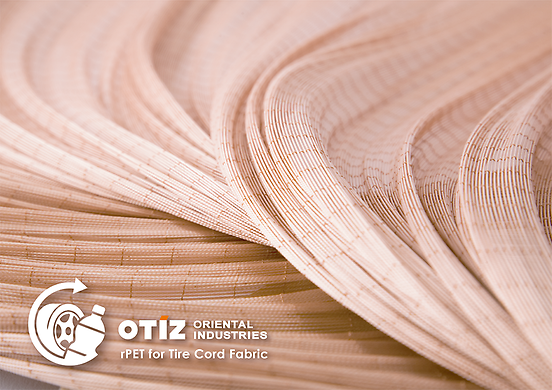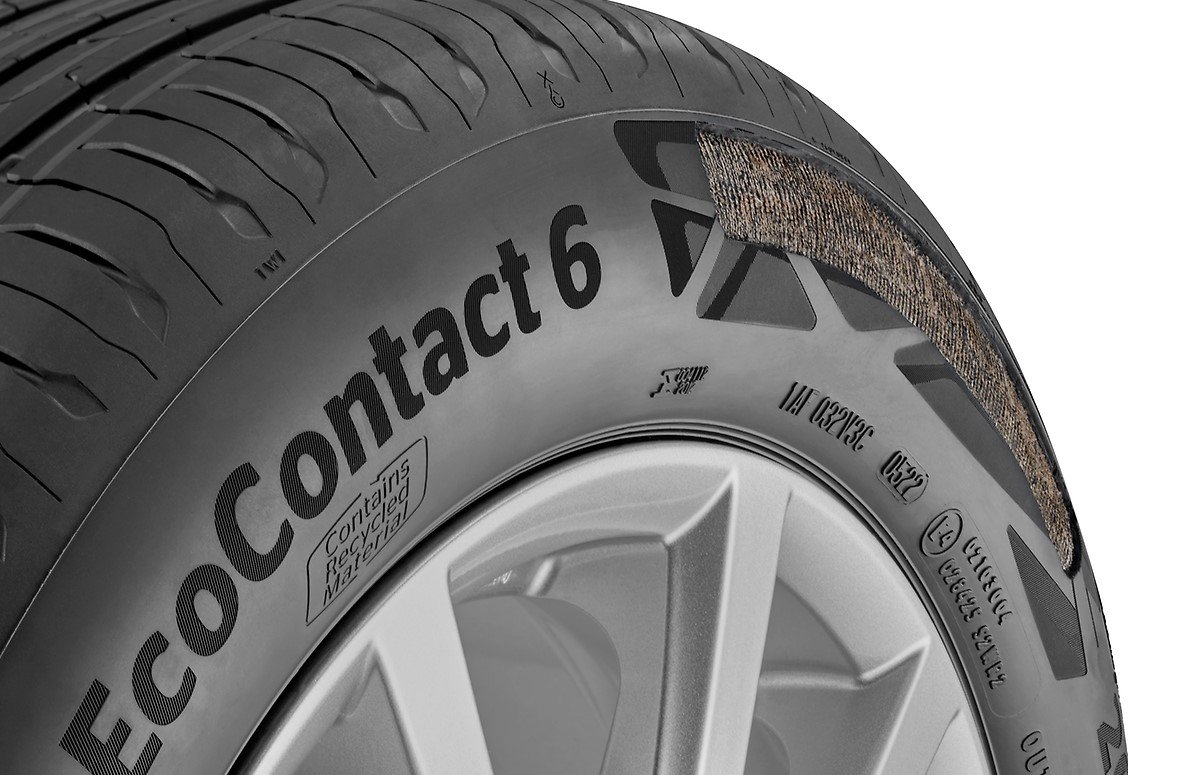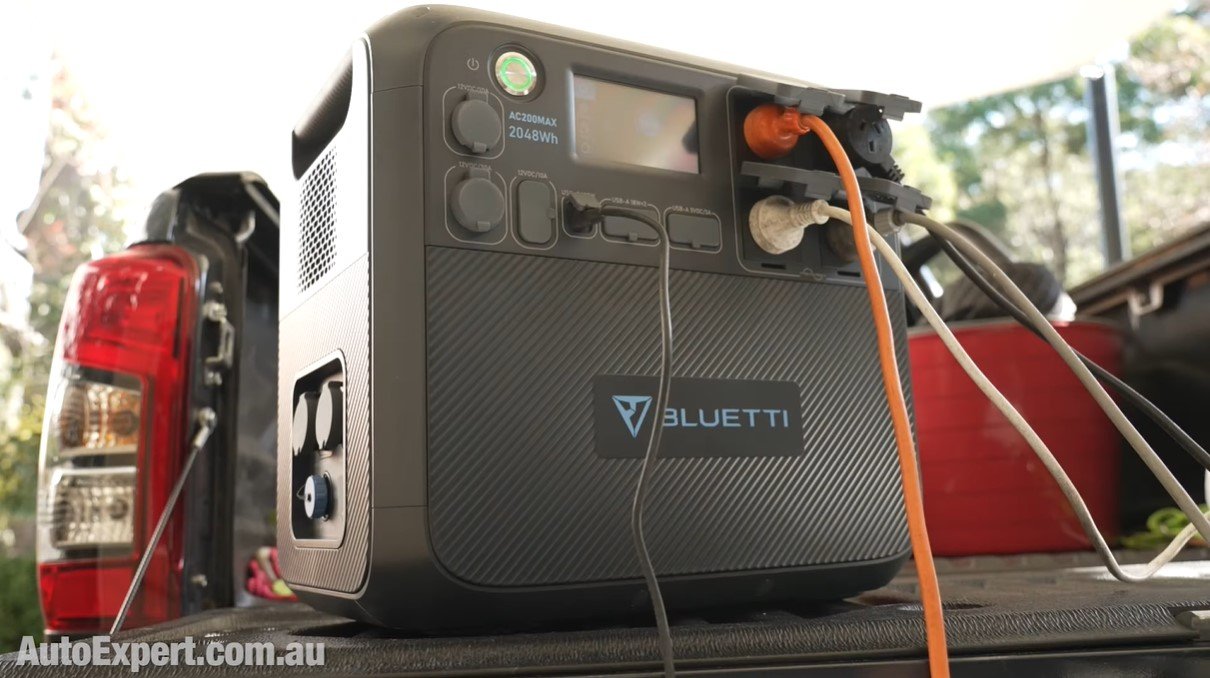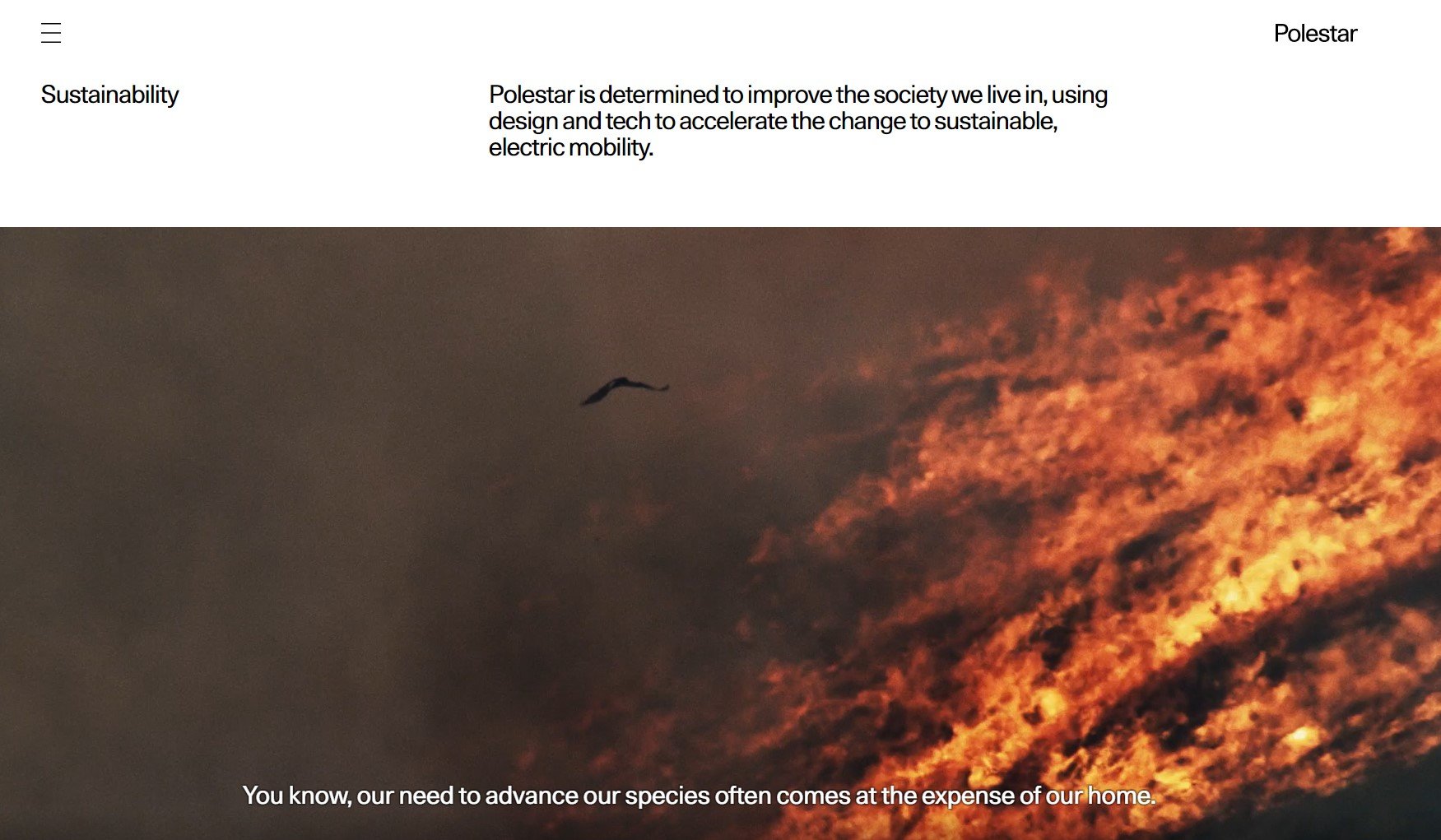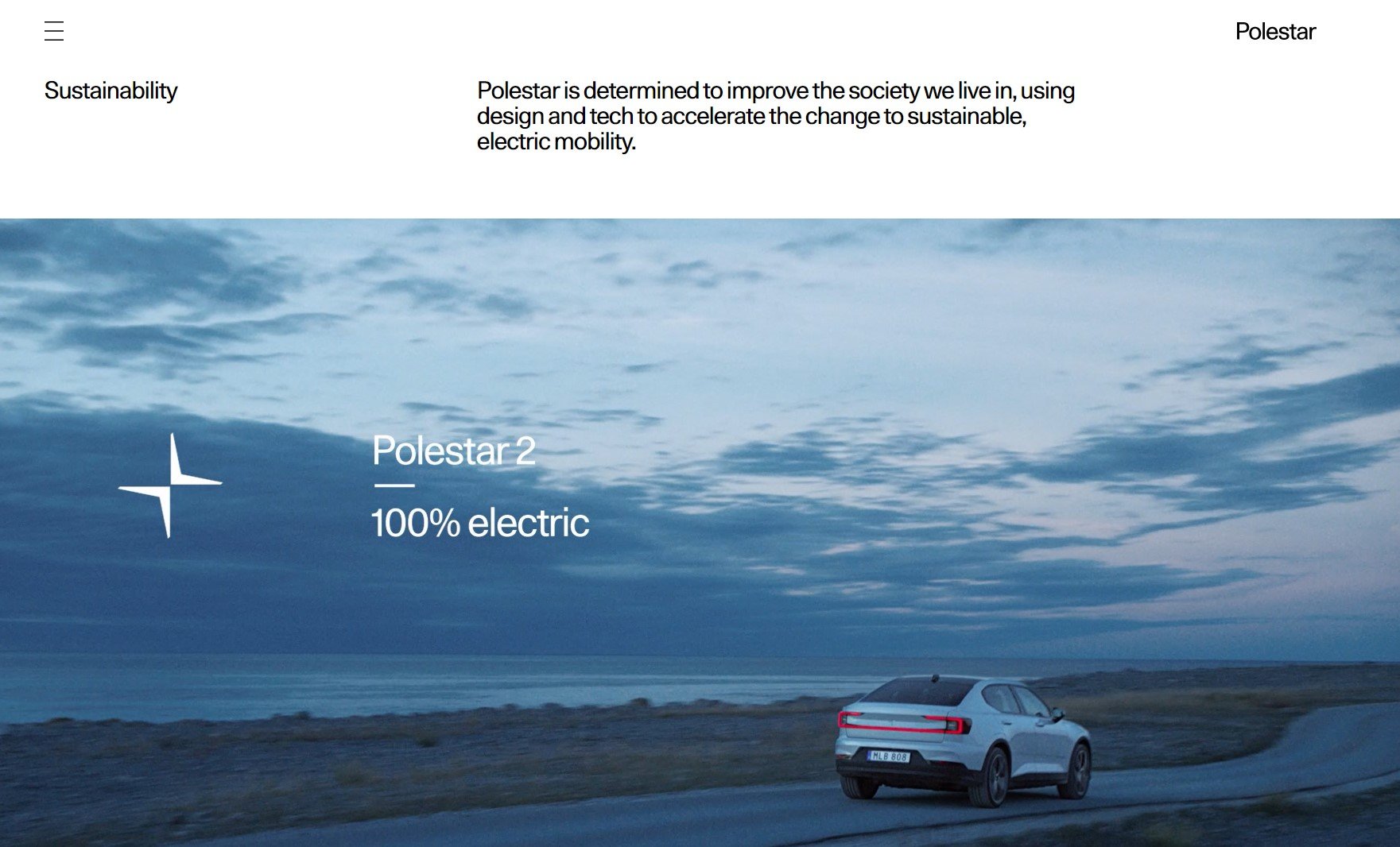National greenwashing champions: the tyre industry
A tyre company altruistically doing its bit to "save the planet". But you’ll be shocked to learn exactly how filthy the underlying industry actually is. The big tyre corporations won’t like this…
Major international tyre company Continental says it is going out on a limb, doing its bit to “save the planet”.
Are we not all just going a little too far pretending to be paragons of environmental virtue?
I got a press release recently about Continental tyres and its alleged environmental virtuosity.
So in this report, we’re going to drill down into that to see if it’s legit, or just another case of corporate greenwashing in lieu of the facts.
Continental Tires, the leaders in tyre safety globally…
According to who? Continental Tires, most probably.
has been recognised as the winner of the international Australian Good Design Awards for design excellence for its Continental ContiRe.Tex technology…
Okay, firstly, it's ‘recognition’ - you get recognition by way of an award. Recognised is what infants and toddlers do with their parents.
“Continental ContiRe.Tex” just rolls off the tongue, doesn't it? Such a catchy name.
It claims to be:
an industry first for the tyre market received…[the] prestigious good Design Awards winner accolade in the ‘engineering design’ category and recognition for outstanding design and innovation…
On and on and on it goes. Congratulations, well done Continental - we get it.
Acknowledged, the fact your new ContiRe.Tex tyres use a sustainably-sourced recycled material to:
completely replace the need for conventional polyester…
This deserves a small round of applause, even in spite of the split infinitive. (It’s replace completely, not completely replace.)
This is actually a technical achievement, but the operative word here is ‘small’, because what they’ve done is found a way to develop:
together with fibre specialist and textile manufacturer OTIZ, …a special technology to recycle PET bottles without the intermediate chemical steps previously needed, making the polyester yarn functional for the heavy mechanical demands of tyres
Right, so textiles in tyres - let’s understand that a bit further before we go too far. Textiles help the tyre maintain its dimensionality - it's dimensional integrity, basically - it’s height, it’s width, it’s degree of flex under load and things of that nature.
In engineering prowess, Continental’s tyres using recycled plastic is okay, but it’s far from simulating microgravity to replicate space.
These textiles are subjected to a lot of mechanical loads, obviously. But tyres not only do a magnificent job, the underlying engineering is completely underrated by most people because they're just black round things on your car which you only touch when you hit a nail and need to fit the spare.
Nobody thinks about the incredible heat and load and overall punishment tyres are subject to. So we’re not taking away from the fact Continental has achieved something here. Tyres use polyester and rayon and nylon and aramid and fibres of this nature and it is fairly clever using plastic throw-away bottles as the substrate to make tyres work.
Small round of applause.
the good Design Awards are the highest honour (blah blah blah) plus 11 design disciplines covering more than 30 categories and sub categories …
Okay, enough of all that. Let’s look at why the tyre industry has so much greenwashing to answer for as Continental looks to sell this new almost-eco tyre product to unsuspecting consumers - most likely at a premium compared with its ‘normal’ regular-compound tyres.
My AutoExpert AFFORDABLE ROADSIDE ASSISTANCE PACKAGE
If you’re sick of paying through the neck for roadside assistance I’ve teamed up with 24/7 to offer AutoExpert readers nationwide roadside assistance from just $69 annually, plus there’s NO JOINING FEE
Full details here >>
AutoExpert DISCOUNT OLIGHT TORCHES
These flashlights are awesome. I carry the Olight Warrior Mini 2 every day - it’s tiny, robust, and super useful in the field or in the workshop. Olight is a terrific supporter of AutoExpert.
Use the code AEJC to get a 12% discount >>
Generators suck! Go off-grid with AutoExpert BLUETTI PORTABLE POWER STATIONS
Need mobile, reliable power? If you’re camping, boating, caravanning or building a dirty big shed in the back paddock, and you need to run a refrigerator, lights, air conditioner, cooking, and/or a bunch of tools - Bluetti has a clean, tidy, robust solution…
Get your AutoExpert free shipping discount here: https://bit.ly/3n62heK
THE TRUE LIES OF TYRE INDUSTRY GREENWASHING
Mitchell Gollidge is the Asia Pacific managing director of Continental Tires
we are pleased to share that Continental Tires (sic) contribution to reducing our environmental footprint has been commended through the recognition of the Australian Good Design Awards
- Mitchell Gollidge
I'd suggest, respectfully, that this whole tire environmental footprint is a pretty big footprint to reduce.
It’s time to talk about the numbers, because: facts matter.
Firstly, 50 million tires are disposed of annually - that's just in Australia - and this is an outright environmental catastrophe. But, we're only a bee's dick in the context of the number of tyres binned on the world stage - 50 million tyres. Only five per cent of them are recycled, locally - 95 per cent of tyres go into landfill, into stockpiles, or they're illegally dumped. Or, they're just exported.
That’s not just a lot of rubber, but nylon, oil and steel. Image: Tyre Stewardship Australia
But before you think, ‘Oh, great, we'll just export them’ away from Australia, they often exported to countries where they burn them for fuel. And that's yet another kind of environmental catastrophe.
It's hardly a virtue to export vast quantities of tires, because 750 million kilograms of energy dense material, that's 750,000 tonnes just thrown away, discarded like yesterday's news, essentially.
And tyres: we can't live without them - I'm not suggesting that we live in a world without tyres because things would be different, and not better.
to do our part in saving the planet we introduced an innovative way to use recycled material in our tire structure, all while maintaining the high levels of quality and performance we place on all the tires we produce.
- Mitchell Gollidge
You know how some people just go out on a limb; they go a bridge too far. This is a bridge too far, in my view.
Recycled PET bottles in tyres: two thumbs up.
‘Saving the planet’? Fail. Come on.
Only somebody with no appreciation for tyres would suggest that tyre companies, in any way, are anything other than a net detriment on the issue of saving the planet. Everyone wants to save the planet because it's just a bit of green woke insufferable appeasement - which is much easier than thinking long, hard and doing actual research and accepting the truth when seeking answers to questions of a scientific nature. (This is speaking of people in general, not of Mr. Gollidge, who is obviously trying to do the right thing here, notionally.)
“Saving the planet” is bullshit, using Professor Harry G Frankfurt's definition in his phenomenally good essay on the subject, as professor emeritus of philosophy at Princeton University. I'm not suggesting this is a lie, I'm suggesting it's bullshit. Look it up.
Bullshit is one of the most salient features of our culture - everyone's doing it - and in my view, Continental Tires is contributing well above its weight, right at the moment.
Hyundai hydrogen upgrade highlights the real problem with climate action >>
THE COMPOUNDING PROBLEM WITH TYRES: EMISSIONS
The reason this ‘environmentally conscious tyre company’ prospect about saving the planet is bullshit is because it's going to come to light in the context of public recognition over the next few years that the mechanical wear and tear of tires on our roads is a bigger problem than exhaust emissions from cars.
This is not my opinion, this is proper academic research from specialists at a UK-based firm called Emissions Analytics.
They've done a number of reports on this tyre emissions issue where they tracked particle emissions from tyre wear and they compare them to tail pipe emissions of modern cars with the latest emission standards.
They found that particles from tyres are 1850 times worse than exhaust emissions - higher in terms of volume and worse in terms of their type. Plenty of those particles are the perfect size to remain airborne, for you to breathe in and for them to pass straight through the barriers in your lungs, into your bloodstream. From there, they go into places where they really shouldn't be, like your brain, and they give you cancer because a high percentage of the particles from tyres contain aromatic compounds and other carcinogens.
You can’t see them, but cancer-causing particles are wafting from your tyres every time you drive - far worse than exhaust particles.
You don't have to like it if you're in the tyre industry. We can't live in a world without tyres, but they're facts. So for a tyre company to start playing the ‘Save the Planet’ environmental virtue card, I'd suggest that's bullshit.
Another interesting thing about tyres and mechanical wear, is all those insufferable green virtuous electric vehicle owners, it’s your turn.
If you add 500 kilograms to a car and think about what happens in terms of the mechanical abrasion of tyres on the road, their emissions are 400 times greater than tail pipe emissions, according to Emissions Analytics. Everything else being equal.
400 times greater.
This is what happens when you put these big heavy shitbox EVs on the road. There's no tailpipe emissions, but the emissions from the freaking tyres are 400 times worse than the equivalent tailpipe emissions. You don't have to like it; these are just facts.
CARS and CARBON: The truth about how much our cars really emit - and taking real climate action >>
WHAT DIFFERENCE WILL THESE TYRES MAKE?
Let’s break down this plastic bottle recycling polyester fibre technology and exactly how big a deal it is proportionally, in the context of tyre manufacturing.
If a tyre weighs 15 kilograms, which is probably ballpark for a reasonably large passenger car tyre or an SUV tyre, I'd say just over half a kilo or 600 grams of it is all the textiles. Not just the polyester, but the nylon, the rayon and the aramid fibres etc. So a smaller amount than that would be polyester.
The other 14.4 kilos out of 15 - that's all environmentally, reprehensibly filthy.
Just under two kilograms of a tyre that weighs 15kg is going to be steel, which you can't make without coal; you can't melt the ore to make the iron, and then you can't do the blast furnace magic. All of that coke-related work like turning the iron into steel, essentially, can’t be done without coal - not on a large scale. I mean it can be done on a small scale, but it doesn't scale up.
Green steel does not scale >>.
Okay, synthetic polymers - that's oil by any other name - out of a 15 kilo tyre, is about 3.6 kilos.
Fillers are also used because tyres are black, not purple, red, white or lime green. That's because the principal filler, which also goes to abrasion resistance and mechanical properties, is carbon. That's just a fact. They also use silica, but silica is more expensive and they put it in there to reduce hysteresis, which is a mechanism for reducing rolling resistance on eco-tyres.
But the main filler is carbon and makes up about 35 per cent of every tyre.
Chemical stabilizers, these are what prevent oxidation and degradation by ozone and other sort of corrosive and attack mechanisms on the chemical compounds. Oil by any other name. They're derived from petrochemicals, weighing about 2.1 kilos.
You get the picture. We've got this tiny amount of polyester in a tyre and everything else is environmentally reprehensible and Continental is boasting about “saving the planet”.
You have to be intellectually honest about saving the planet. Everyone's jumping on this bandwagon and it's completely indefensible because it preys on widespread scientific illiteracy in the community.
CARBON: THE MISUNDERSTOOD MATERIAL
Next up, the CEO of the Good Design Australia organisation behind the awards, Dr Brandon Gien, according to his LinkedIn profile, spent two years in the early 90s at the University of Newcastle studying mechanical engineering and then transferred to industrial design.
So in my personal opinion, he’s qualified to know better than to say something like this:
As our world transitions to a less carbon intensive future, a design-led approach to solving problems and delivering meaningful impact is going to become more critical…
A less carbon intensive future? Corporate public figures need to stop demonising carbon, in my view, because carbon's not the enemy.
Look out the window. Trees are made of it, virtually all plastic is made of carbon, every person on the planet, everything we use and eat and touch is carbon-based. We are all carbon-based life on Earth, every living thing on Earth is made principally of carbon and every organic thing is made of carbon.
We do no need to transition to a less carbon intensive world, because the world that we interact with is made of it.
What we need to do is stop emitting CO2 in a one-way system; we need to stop unlocking the CO2 that was sequestered by nature over geologic time (millions of years) in the form of coal, natural gas and oil, and move to economies that do not depend so heavily on these things. There's a big difference.
Carbon is not the enemy >>. If carbon is the enemy - we're fucked.
Everything is made of carbon and people in a position of authority, notionally, who make public statements and they stand behind big mastheads that are ostensibly credible, should know enough to get that right, in my view.
So I'd suggest that this message is wrong. Transitioning to a less carbon intensive future is bullshit: there’s going to be just as much carbon in the future as there is now, we just have to leave the three big hydrocarbons in the ground - the coal, the natural gas and the oil. We have to leave well enough alone now.
Humanity has lunched off hydrocarbons for 150 years, they've turned us from a primitive species that had to fight and work our arses off through every waking moment just to survive. Coal, oil and gas have liberated us from all of that. We have incredible technology, medicine, mass transport, resources in abundance and more food than we can possibly eat.
Hydrocarbons have take humanity to this point in our biological history. But now we have to say ‘enough is enough’ and transition to economies that are less based on hydrocarbons (like hydrogen fuel cells for heavy transport >>), which is an important distinction, at least to me.
Carbon's not the enemy.
People with PhDs who studied physics and chemistry at university, they should know better than to demonise carbon, because other people in society who their messages reach might not otherwise appreciate the difference.
There's another quote from this press release:
Recycling is becoming increasingly important in the design development and production of premium tyres by 2050 at the latest.
Continental Tires aims to use 100 sustainably produced materials in all its tire products
Well woop-di-doo - that's 28 years away, Continental Tires. I don't think we've got 28 years to deal with this problem, so maybe you just want to pick up the pace a little bit on that front.
Even a car company like Polestar is trying to be honest with itself, however hypocritically. It at least acknowledges we need to get a move on, as a species.
I'd further suggest to these Continental clowns (no reference to individuals is made; simply talking in the context of the general behaviour of the multinational tire company itself) - these Continental big-thinkers don't know what's going to happen next year.
As if they saw 2020 and 2021 coming way back in 2018.
Knowing the fact they can’t foresee anything over the next few years, perhaps Continental can come up with something more salient, because I don't think they predicted COVID. And yet, one third of all waste tyres in Australia come from one source. Can you guess where?
Have a guess. One third.
They come from the mining industry.
Mining is essentially in this closed ecosystem where a tyre wears out and has to be disposed of. Where do you reckon it goes?
They bury it.
Illustrative purposes only. Image: Fortescue Metals Group / JoshFernandes2021
This is a monstrously wicked waste of energy-dense resources that could be repurposed. If only the economy functioned a different way so that we valued the energy density of materials instead of their ambient cost as waste products.
In terms of energy density, a used tyre would be a very valuable thing, it's just that it's hard to unlock that energy and therefore is expensive and we need to change that.
I'd rather give a good design award to somebody who figured out how to do that, because that is a real challenge. Using a few plastic Coca-Cola bottles to make a few hundred grams of a tyre is commendable, but it’s not revolutionary.
Tyres go overseas to be burnt for energy, for crying out loud. It's one of the worst stories in the automotive domain. Tyres are miraculous things. Anyone who’s ever driven a big fat Porsche into turn one and 180km/h is going to have respect for tyres.
But by the same token, the widespread use by the developed world of tyres is, on balance, a ridiculous environmental disgrace and that needs to be acknowledged. The recycling that Continental is talking about, it's simply sourcing for a new range of tyres to sell. they're not making any statement whatsoever about exactly what happens at the end-of-life.
The government here in Australia, and in many other countries, is ridiculously silent on recycling things like tyres and batteries, incidentally. That's going to be a real issue into the future. Not recycling batteries (containing precious cobalt, for example >>), potentially relying on the free market to get this right, is like expecting sodium hexafluorophosphate won’t be a problem in future, for example. It’s a fairly ‘Erin Brockovich’ situation.
Unless, of course, there's a real economic case for recovering it, that's going to be one of those other disasters.
So when the government and the prime minister (or the EV utopian Greens >>) stands in front of crowds and talks about getting the whole environment problem right, talking incessantly about electric vehicles and public charging, solar panels, big batteries and climate change, you need to also question why nobody in the government, media or virtue-signalling private enterprise is focusing on regulations about recycling.
Changes in this area would have an immense environmental impact, now - not in some distant decade.


